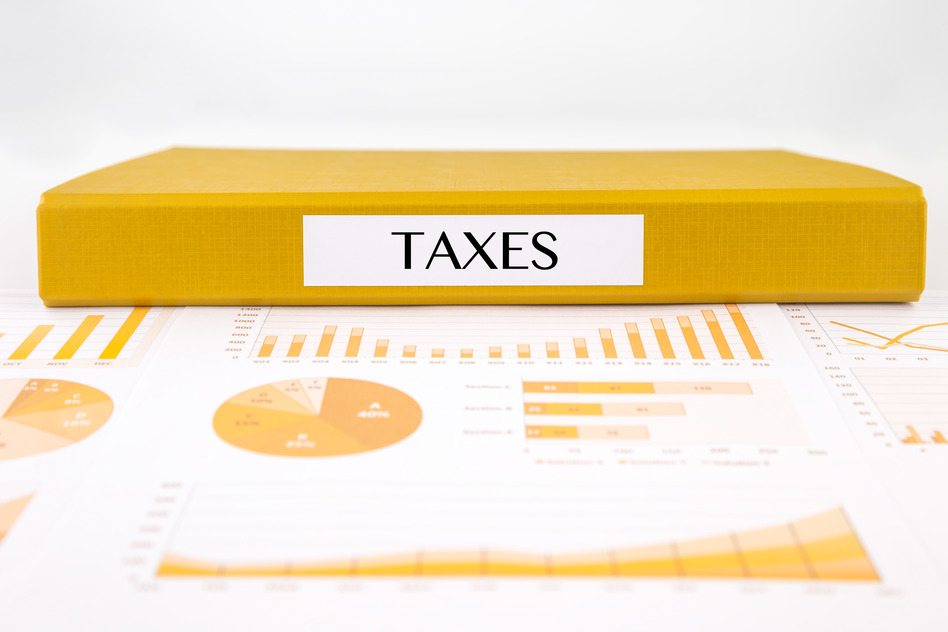The number Americans working from home (including telecommuting for an employer) has been rising over the last few years. The explosion of the Internet means that many of us have home offices, whether we use them for side businesses, telecommuting, or for full-time business ventures.
If you have a home office, it’s important to consider your tax strategy. While we tend to think more about taxes from January to April, the reality is that you should be considering your tax strategy year-round — especially if your home office is a major part of your income.
Home Office Tax Deduction No Longer an Audit Red Flag
A few years ago, the rumor was that a home office tax deduction would raise red flags with the IRS and possibly mark you out for an audit. These days, though, with side businesses run online becoming more popular than ever, having a home office is seen as more “normal.”
Vincenzo Villamena, a CPA and the managing partner of the firm Online Taxman, says that there are three ways that you can take a home office tax deduction, based on your business organization or your homeownership situation:
- “If you rent, you can deduct a portion of your home office, based on the square footage of your home, up to 30 percent of rent,” Villamena says.
- For homeowners, it’s possible to depreciate the portion of your home that is used as a home office. Villamena says that this is often the option chosen by those who own sole member LLCs.
- “If you own a home and have an S Corp, you can set up a rental agreement between your company and yourself to lease the portion of the home you use as an office to your business,” says Villamena. He cautions that you as the homeowner must rent the office space to your business at market rates comparable to rents in your area.
Recently, the IRS introduced another possibility for those wishing to take a home office tax deduction: A flat deduction of $5 per square foot, up to 300 square feet. This makes figuring the deduction a little bit easier to handle.
No matter what method you use, though, make sure that you are only deducting space that is used exclusively for business purposes. If your desk is located in a room that is half taken up by storage, the whole room can’t be deducted. Only the square footage of the half of the room used exclusively for business can be considered on your taxes.
Other Home Business Tax Deductions
You can also plan ahead for tax deductions on other items used in your home business. First of all, you can deduct equipment and supplies that you use in your home office. The desk I purchased for my home office, my chair, and the office supplies I use regularly are deducted on my taxes. Even my computer’s cost can be deducted.
Even if you work for a company, but telecommute from your home office, you can take business deductions if you meet certain conditions, and if your employer isn’t reimbursing you for them. This can be a great way to recoup some of the costs associated with working from home, even if you aren’t running your own business. Utility costs can also be deducted in some cases.
When looking to the year ahead, don’t forget to consider other business opportunities. As a financial writer, and someone whose business relies on cultivating connections throughout the industry, it makes sense for me to travel to industry conferences. Because this type of travel is for business purposes, I can deduct it on my taxes. Airfare, conference registration fees, hotel costs, and even a portion of my meals, are all tax-deductible business expenses.
As you plan for the coming year, make sure that you think about what items are likely to be needed for your home business and your home office. Keep good records, so that you can submit receipts and other items as documentation to back up your deductions, and make sure that you are truly spending the money on business. With the right planning, you can get a break on the money you spend on working from home.




